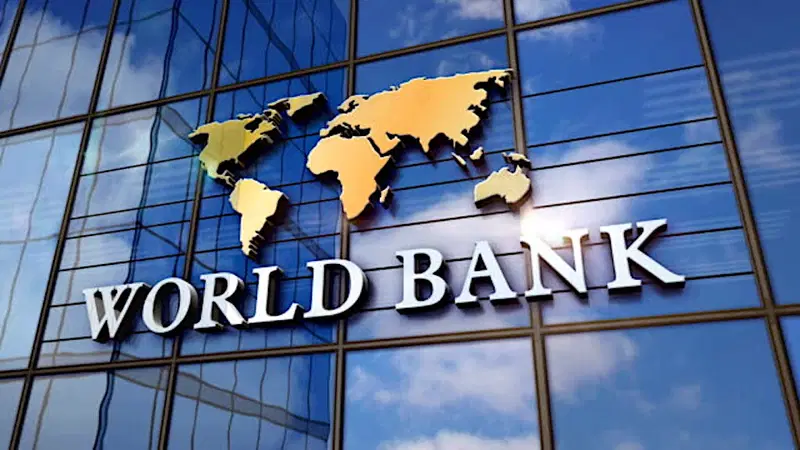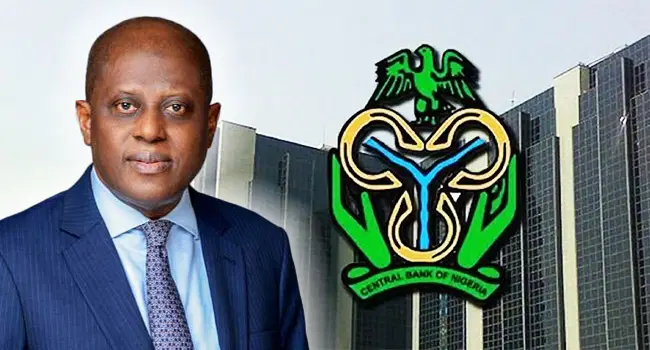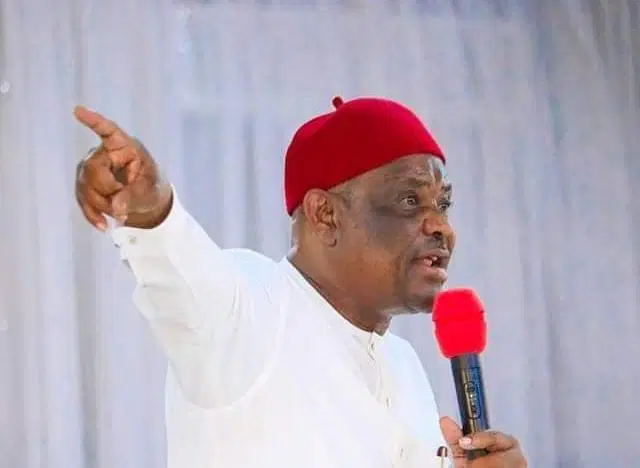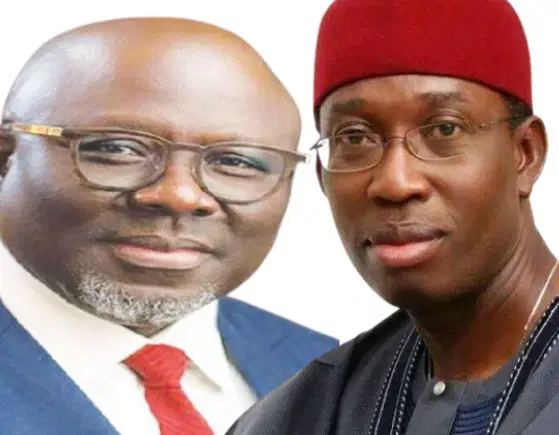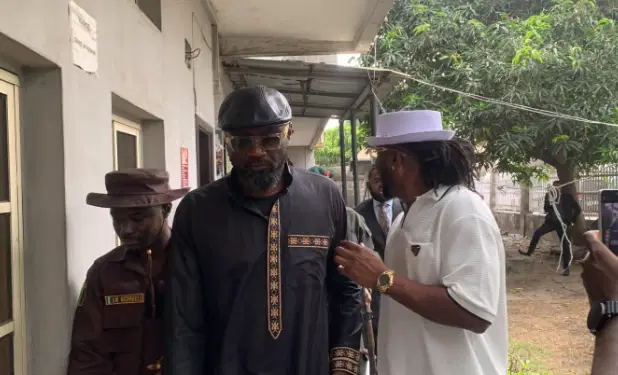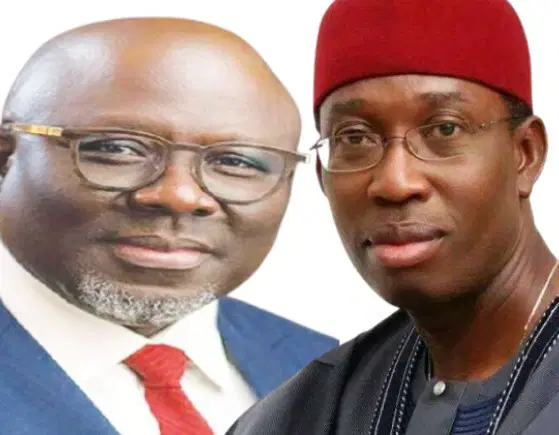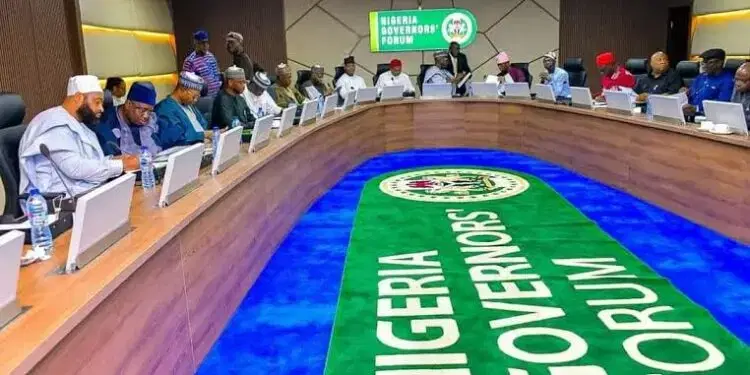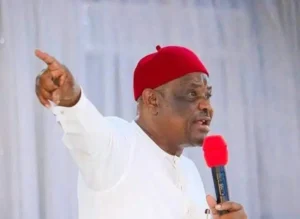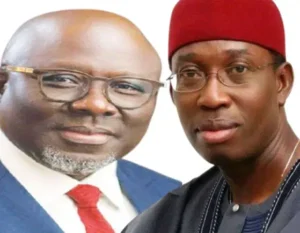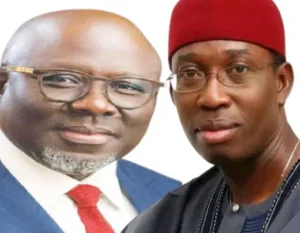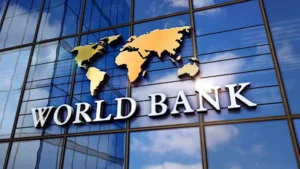- Poverty Increase: Poverty in Nigeria is projected to increase by 3.6 percentage points between 2022 and 2027.
- Resource Dependence: Nigeria’s economy is heavily reliant on oil, and slowing oil prices can negatively impact the country’s fiscal structure.
- Fragility and Conflict: Ongoing conflicts and instability can hinder progress in poverty reduction.
- Sub-Saharan Africa: Has the highest extreme poverty rate globally, with 80% of the world’s 695 million extreme poor living in the region.
- Recommendations: The World Bank recommends improving fiscal management and building a stronger fiscal contract with citizens to promote inclusive economic development and long-term poverty alleviation .
The World Bank has projected that poverty in Nigeria will increase by 3.6 percentage points over the next five years, rising through 2027. This projection is according to the Bank’s Africa’s Pulse report, released during the ongoing Spring Meetings of the International Monetary Fund (IMF) and the World Bank in Washington, DC.
The report highlights that despite some recent gains in economic activity, particularly in the non-oil sector, structural issues related to resource dependence and national fragility are likely to hinder progress in poverty reduction. Nigeria, alongside other resource-rich and fragile countries in Sub-Saharan Africa, will experience a worsening poverty situation, unlike non-resource-rich countries, which are expected to see faster poverty reduction.
Sub-Saharan Africa continues to have the highest extreme poverty rate globally, with a disproportionate concentration of the poor. In 2024, 80% of the world’s 695 million extreme poor lived in Sub-Saharan Africa. Within the region, half of the 560 million extreme poor were located in just four countries.
Resource-rich countries are expected to lag in poverty reduction due to slowing oil prices and weak fiscal structures. Conversely, non-resource-rich countries are benefiting from high agricultural commodity prices, which are fueling stronger growth despite fiscal pressures.
The World Bank recommends that Nigeria and similar economies focus on improving fiscal management and building a stronger fiscal contract with citizens to promote inclusive economic development and long-term poverty alleviation [1].

